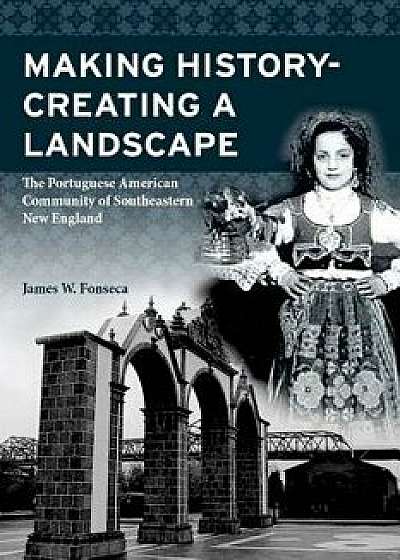
Making History; Creating a Landscape: The Portuguese American Community of Southeastern New England, Paperback/James W. Fonseca
Descriere
Description Since the mid-1800's Portuguese Americans have been quietly at work, adjusting to a new culture and adapting a pre-existing American landscape to suit their needs. In the process, they have created a hybrid Portuguese American landscape quite different from both standard American urban landscapes and the landscapes they left behind in Portugal. The three states of southern New England -- Massachusetts, Connecticut and Rhode Island -- are now home to more than 467, 000 person of Portuguese ancestry, 88, 000 of whom were born in Portugal. The main concentration of Portuguese Americans, the largest cluster in the United States and the main focus of this book, is nestled in a corner of southeastern New England along the Massachusetts-Rhode Island border. The cities of Fall River and New Bedford in Massachusetts and nearby East Providence, Rhode Island are the main urban centers housing large numbers of Portuguese. These cities are connected by Interstate 195, the "Portuguese American Interstate Highway." The landscape these Portuguese immigrants created is an American landscape, but a hybridized landscape showing Portuguese cultural influences. The landscape is characterized by the distinctive three-deckers and by Portuguese iconography in the landscape especially in cultural symbols such as shrines, flags, architectural embellishments and gardens. Some of these features were not just importations into the American landscape but reactions to it. Portuguese Americans in New England still struggle to assimilate into American culture. Their lower levels of educational attainment and corresponding lower levels of income have kept the suburban American dream out of reach of some, but not all, of the immigrants. Lower levels of obtaining citizenship have kept the Portuguese a generation or more behind in assuming political power comparable to their numbers. Patriarchy, still strong in the culture, presents barriers for equal achievement by women. Prejudice against the





